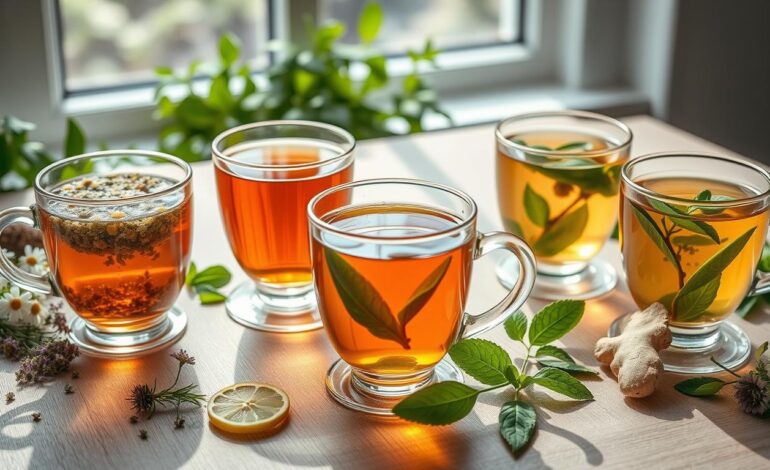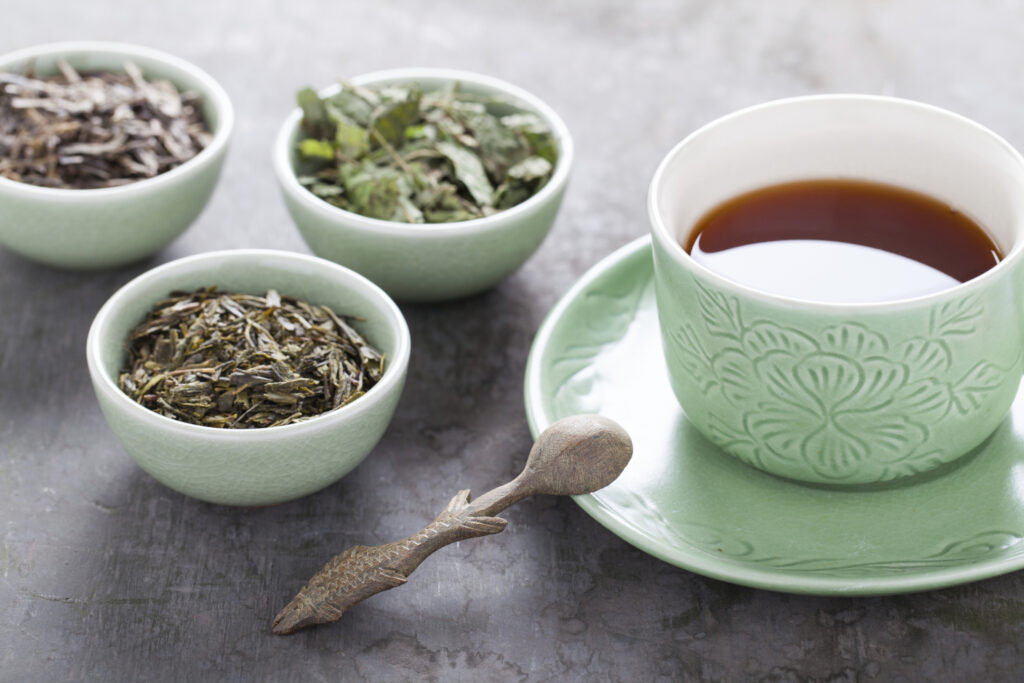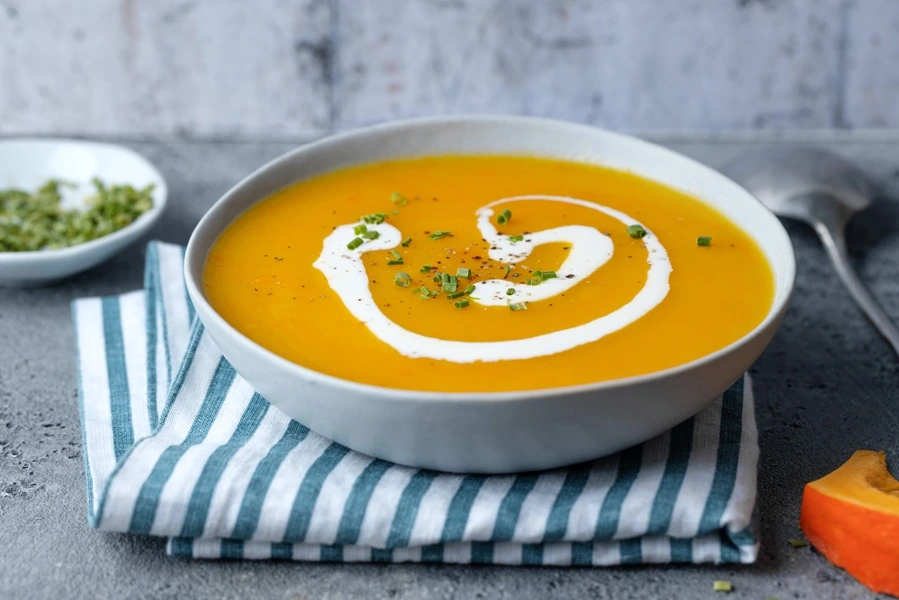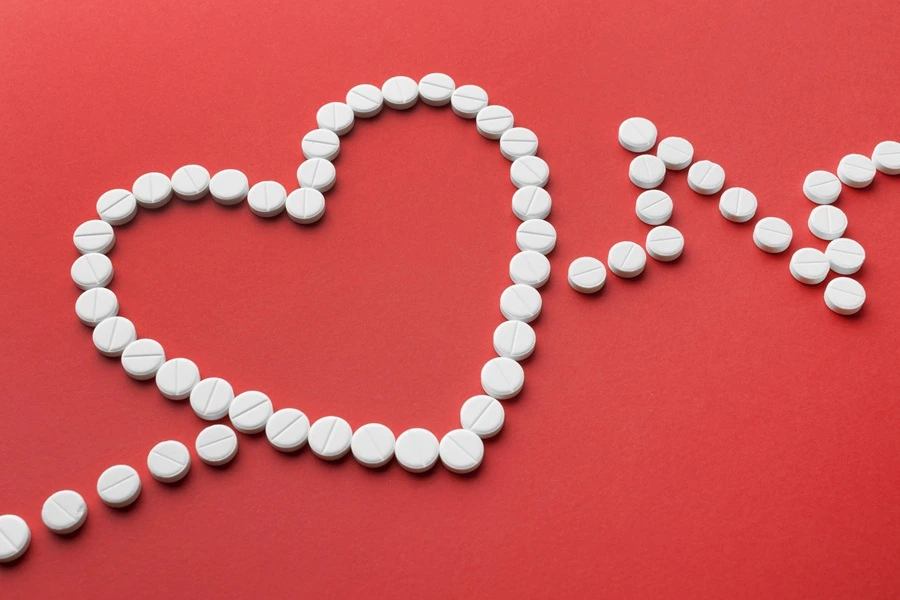5 Herbal Teas to Avoid: What You Don’t Know Could Harm Your Health
Herbal teas are often praised for their natural healing benefits. From calming anxiety to soothing digestion, they’ve become a go-to for wellness seekers looking for gentler, plant-based alternatives to pharmaceuticals.

Herbal teas are often praised for their natural healing benefits. From calming anxiety to soothing digestion, they’ve become a go-to for wellness seekers looking for gentler, plant-based alternatives to pharmaceuticals. But here’s something that doesn’t get talked about enough:
Not all herbal teas are safe.
Just because something is natural doesn’t mean it’s harmless. Some herbs interact with medications, affect hormone levels, or trigger adverse reactions—especially if consumed in large amounts or without proper guidance.
If you’re sipping herbal blends daily, it’s time to know which ones could be doing more harm than good.
Why You Should Be Cautious with Herbal Teas
Herbal teas are made from dried flowers, roots, leaves, seeds, and bark. They’re potent and can act like medicine in the body. That’s exactly why you need to approach them with the same care you’d give to supplements or prescriptions.
Some teas can:
- Disrupt hormonal balance
- Interfere with blood pressure or heart medication
- Trigger allergic reactions
- Affect pregnancy or fertility
- Overstimulate the liver or kidneys
Below are five herbal teas you should think twice about—especially if you’re pregnant, on medications, or have existing health conditions.
1. Comfrey Tea: A Liver Toxicity Risk

Comfrey was once a popular herb for healing wounds and soothing digestive issues. But here’s the catch—it contains pyrrolizidine alkaloids, compounds that are toxic to the liver and can potentially cause serious damage over time.
Why to avoid it:
- Associated with liver damage and potential carcinogenic effects
- Banned in several countries for internal use
- Especially dangerous for people with liver issues, or when consumed long-term
Even though comfrey is still sold in some wellness stores, it’s one herbal tea better left on the shelf.
2. Licorice Root Tea: Not So Sweet for Your Heart
Licorice root is often used in herbal teas for its sweet flavor and digestive support. But in higher doses or with prolonged use, it can spike blood pressure and lower potassium levels—a dangerous combo for your heart.
Who should avoid it:
- Individuals with high blood pressure, heart disease, or kidney disorders
- People taking diuretics, corticosteroids, or blood pressure meds
- Pregnant women, due to hormone interference and potential birth complications
If you enjoy the taste of licorice, look for teas labeled “deglycyrrhizinated licorice (DGL),” which have the harmful compound removed—but always consult your doctor first.
3. Pennyroyal Tea: Toxic, Especially for Pregnancy
Historically used for menstrual issues, pennyroyal is one of the most controversial herbal remedies. While it may have once been used in folk medicine, it’s now well-documented to be toxic to the liver, kidneys, and nervous system.
Major risks:
- Can cause severe liver and kidney damage
- Known to be toxic even in small doses
- Extremely dangerous in pregnancy—can cause miscarriage or fetal harm
This is one tea that’s not worth the risk under any circumstance.
4. Kava Tea: Calming… Until It’s Not
Kava root is known for its calming effects on anxiety and stress, making it a popular choice in the herbal tea world. However, multiple reports have linked kava consumption to liver damage, especially with long-term or high-dose use.
Why to be careful:
- May interact with medications that affect the central nervous system
- Associated with serious liver toxicity
- Can cause drowsiness, dizziness, and nausea
If you’re already managing anxiety with medication, combining it with kava can intensify sedative effects—leading to potentially dangerous consequences.
5. St. John’s Wort Tea: Interferes with Many Medications
St. John’s Wort is often used for mild depression and mood support, but it’s one of the most notorious herbs for drug interactions. It can drastically alter how your body metabolizes certain medications, rendering them ineffective—or dangerously potent.
Common drug interactions include:
- Antidepressants
- Birth control pills
- Blood thinners
- HIV medications
- Chemotherapy drugs
- Anti-anxiety medications
If you’re on any form of prescription medication, avoid this tea unless under direct supervision from your healthcare provider.
Some Thoughts: Choose Herbal Teas Wisely
Herbal teas can be powerful allies in wellness—but they can also pose serious risks when used without caution. Always remember:
- Natural doesn’t always mean safe
- What works for one person may not be right for you
- Consult with a healthcare provider if you’re pregnant, taking medication, or managing chronic conditions
Instead of avoiding herbal teas altogether, get informed. There are many safe and beneficial herbs out there—but they should be chosen mindfully, just like anything else you put into your body.
When in doubt, less is more, and knowledge is everything.
By Gloria Lancer for Ravoke.com








